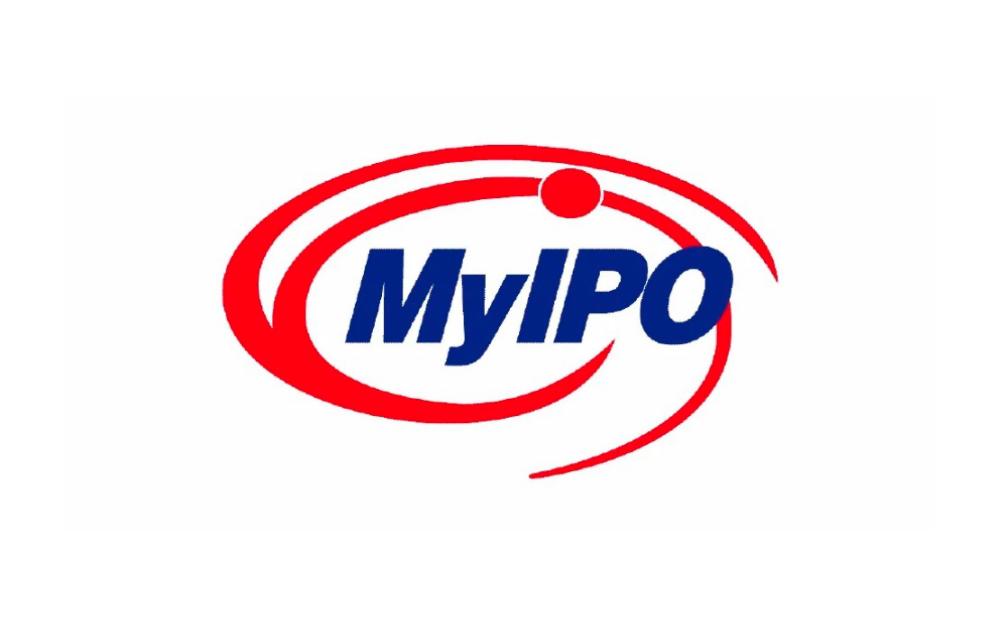TRADEMARKS play a vital role to a business as they are used as a form of identity to represent a company or denote the origin of the products or services of that company. A strong trademark is usually uniquely coined and encompasses special characteristics or features that help consumers to identify and distinguish the products or services of one company from another.
Certain trademarks are not registrable under the current trademarks regime and this includes trademarks that are offensive. A recent controversy surrounding the Malaysian-made whiskey “Timah” prompted the Malaysian government’s decision that locally produced goods must no longer use names or brands that can trigger “public anxiety, including in the context of race and religion”.
Non-registrable trademarks
As a brief background, the local manufacturer of Timah whiskey was approached by government representatives alleging that the use of its brand name “Timah” on its liquor product was offensive. In response to a request to change the name of its brand, the company had explained that the word “Timah” meant tin in the Malay language and that it made direct reference to tin ore. The reference specifically stemmed from the mining era and the figure depicted on the label was Captain Speedy, a renowned historical figure of the colonial era who had introduced whiskey culture into the country. The company further clarified that the brand name was chosen purely due to the history associated with tin mining and was not intended to cause any controversy.
Generally, businesses are free to use any trademarks that they desire for their products or services provided these are not the brand name of another company or one that is confusingly or deceptively similar to an earlier trademark. However, the law allows the Intellectual Property Corporation of Malaysia (MyIPO) – a government agency set up to administer and enforce intellectual property legislations under the purview of the Ministry of Domestic Trade and Consumer Affairs – to prohibit trademarks from being registered on the grounds that they are contrary to public interest or morality, contain or consist of any scandalous or offensive matter, or might be prejudicial to the interest or security of the country.
What are considered as offensive trademarks?
To be regarded as contrary to public interest or morality, scandalous or offensive, the use of the brand name would have to offend the generally accepted mores of the time, such that its use would cause outrage or significantly undermine existing religious, social and family values. Hence, what is immoral may evolve with time and should be judged based on society’s current standards and values in that particular jurisdiction where the trademark is sought to be registered.
A United Kingdom (UK) example of this is when its Independent Complaints Panel (ICP) instructed the owners of Fok Hing Gin to change their brand name following its ruling that the brand name has “the obvious intention to shock and offend those who find swearing undesirable and unacceptable”. In their defence, the Hong Kong distiller that produced the gin claimed that its product is named after Fuk Hing Lane in Causeway Bay, Hong Kong and that the name had previously been modified from “Fuk” to “Fok” to differentiate it from the offensive word. Further, they argued that the brand name is an English romanisation of the Chinese words which translate to “fortune and prosperity”.
Despite the explanation given, the ICP upheld its ruling because of the company’s marketing materials that purposefully linked the name to profanity which could potentially cause serious or widespread offence. Whilst the members of the public in Hong Kong or any Chinese speaking territories may have no issue with the brand name of the spirit, it attracted criticism and complaint in the UK due to the distinct meanings carried by the words in different languages and in different parts of the world.
Overcoming objections and steps to be taken to avoid the use of offensive brand names
Written submissions and/or hearing can be submitted before the registrar to overcome objections raised by MyIPO. The trademark will proceed to registration if the registrar is satisfied with the responses to the objections and is convinced that the trademark fulfills the criteria for registration under the Trademarks Act 2019.
Prior to using or registering a trademark for its goods and services, companies should pay particular attention to the meaning or possible connotations of the proposed brand in the language(s) used in that country, to ensure that a proposed brand name is not offensive in the eyes of the public. It is recommended that such businesses conduct due diligence or market research to better understand public sentiment before proceeding.
This article was contributed by Soo An Qi of Christopher & Lee Ong.









